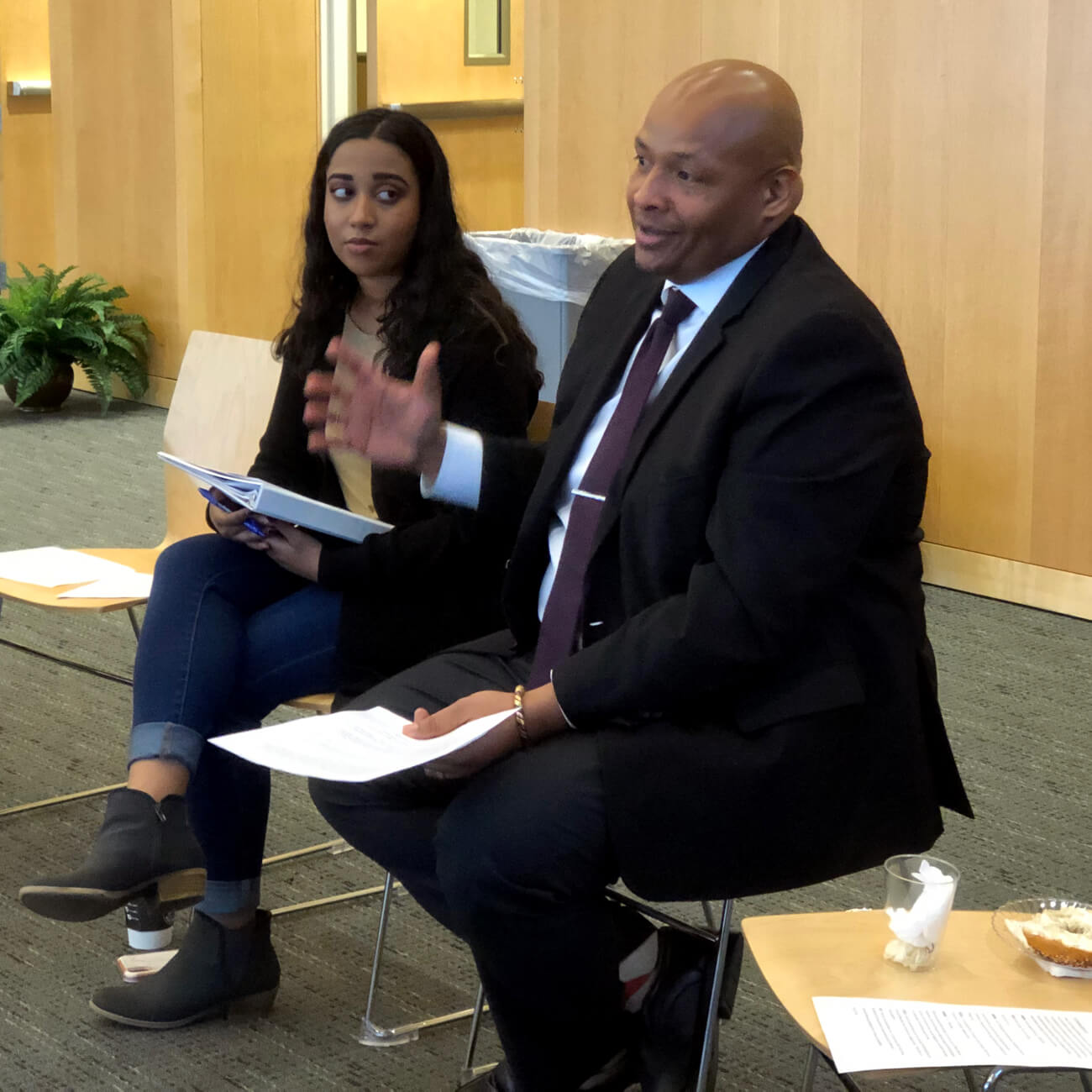The Center for Civic Reflection partners with:
- National service program directors and volunteer administrators: to lead discussions with AmeriCorps members and volunteers
- Nonprofit leaders: to engage their staff in conversations about the value of their work
- Community members from state humanities councils: to lead conversations on issues of public concern, including immigration, religion and race
- High school teachers and higher education faculty and staff: to lead discussions for service-learning and community engagement programs
- Librarians and museum staff: to lead discussions with colleagues, volunteers and community members
- Healthcare providers: to lead discussions with doctors, nurses, social workers, and others in their field
- Elected officials and government agencies: to open conversations with the public about community life
- Corporate leaders: to help promote strategic planning and employee buy-in
how can we partner with you?

